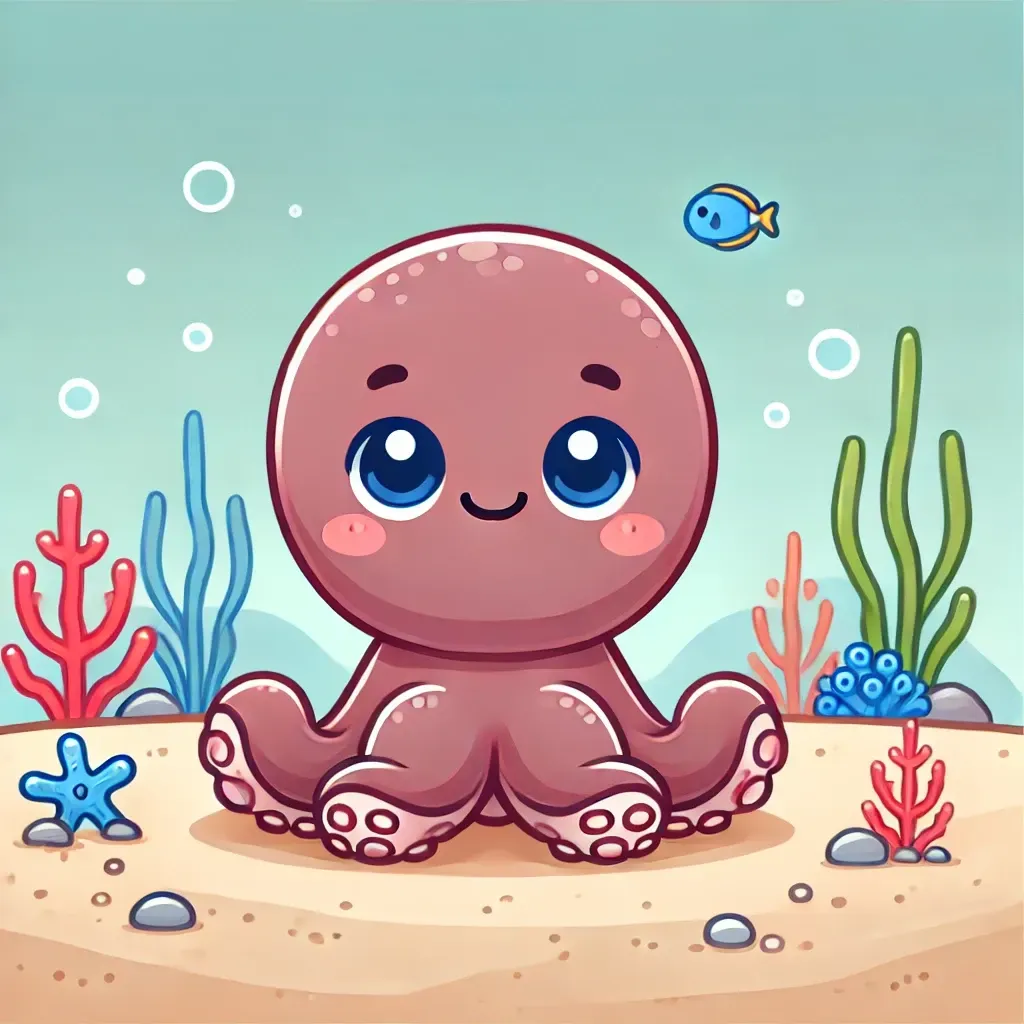Understanding ADHD: What is it and What Can You Do?

Attention Deficit Hyperactivity Disorder (ADHD) is a condition that affects people of all ages at all stages of life. People struggling with ADHD may find it challenging to focus, sit still, and control impulses. It is important to note that every individual with ADHD is unique and may experience different symptoms to varying degrees. Some people with ADHD may have more difficulty with attention, while others may struggle more with impulse control or hyperactivity. It's all a spectrum, and these symptoms can make it difficult for individuals with ADHD to succeed in school, work, and relationships.
Common Symptoms of ADHD
One of the most common symptoms of ADHD is difficulty paying attention. Individuals with ADHD may have a hard time focusing on a single task for an extended period of time. They may become easily distracted by external stimuli. They may also need help completing tasks, following instructions, and organizing their thoughts and possessions.
Hyperactivity is another hallmark of ADHD. Individuals with this condition may have difficulty sitting still and be constantly on the go. They may fidget, squirm in their seats, talk excessively, and have difficulty engaging in quiet activities.
Impulse control is another common challenge for individuals with ADHD. They may act on their thoughts and impulses without thinking about the consequences, leading to reckless behavior and poor decision-making.
Comorbidity in ADHD
While ADHD is often considered a standalone condition, studies indicate a connection between ADHD and other mental health conditions. Specifically, many individuals with ADHD also struggle with anxiety, depression, and substance abuse. According to the National Institute of Mental Health (NIMH), approximately 50% of individuals with ADHD also have at least one additional mental health condition. This is known as comorbidity.
One of the most common comorbid conditions for individuals with ADHD is anxiety. Anxiety is characterized by excessive worry and fear about everyday situations. It can make it difficult for individuals to relax and interfere with their daily lives.
Similarly, depression is another common comorbid condition for individuals with ADHD. This may include persistent sadness and a lack of interest or motivation. Depression can also cause changes in appetite, sleep patterns, and energy levels.
Substance abuse is another comorbid condition often seen in individuals with ADHD. Substance abuse is the inappropriate use of drugs or alcohol, often to cope with difficult emotions or situations. Substance abuse can lead to serious health problems and can worsen symptoms of ADHD.
What Can You Do?
Individuals with ADHD or who think they might have ADHD can seek a healthcare professional to confirm their diagnosis and work together to develop a treatment plan. This may include medications, such as stimulants or non-stimulants for ADHD, behavioral therapy, and other interventions for mental health conditions.
In addition to seeking professional treatment, there are also several strategies that individuals with ADHD can use to manage their symptoms on a daily basis. These may include:
Creating a structured routine: Having a predictable schedule can help you stay organized and on track.
Breaking tasks into smaller steps: Large tasks can be overwhelming. Breaking them down into smaller, more manageable steps can make you feel more achievable.
Using visual aids: Visual aids, such as calendars, lists, and charts, can help you stay organized and on track.
Getting support from loved ones: Asking for patience and building a support system that understands your challenges and can offer encouragement and support.
Understanding ADHD: Read books about ADHD. Learn more about the symptoms of ADHD and how it can affect you. Some books I recommend are:
- A Radical Guide for Women with ADHD: Embrace Neurodiversity, Live Boldly, and Break Through Barriers by Sari Solden and Michelle Frank
- Delivered from Distraction: Getting the Most out of Life with Attention Deficit Disorder by Edward M. Hallowell and John J. Ratey
- ADHD 2.0: New Science and Essential Strategies for Thriving with Distraction by Edward M. Hallowell and John J. Ratey
If you have been diagnosed with ADHD and you are struggling with mental health issues, remember that you are not alone. A wealth of resources and support is available to help you navigate these conditions and live a fulfilling life. Don't be afraid to explore these topics with others and advocate for your own needs. With the right tools and support, you can manage your symptoms and lead a healthy and fulfilling life. In fact, many people with ADHD are very creative and energetic and have lots of great ideas to offer.
Take our simple
quiz to see if you may be experiencing symptoms of ADHD.




